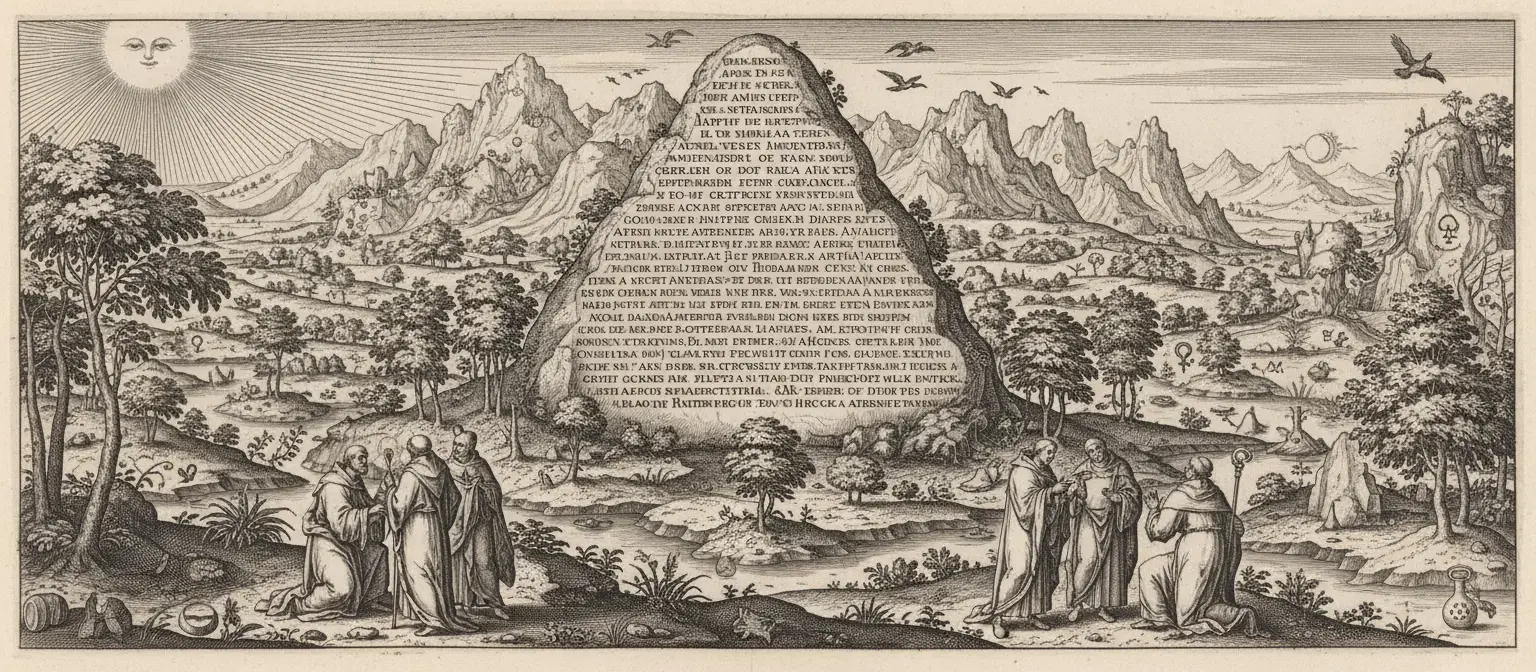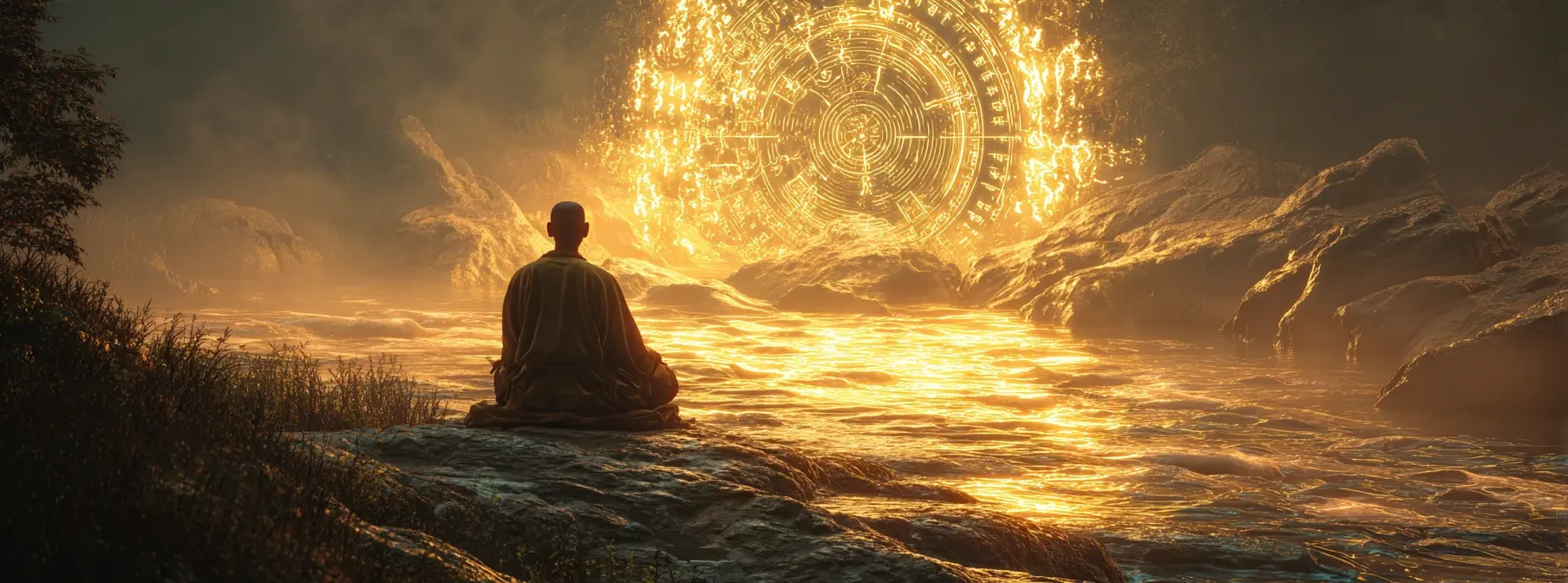همه مقالات

لوح زمرد هرمس و ارتباط آن با ایجینگ و قرآن
لوح زمرد هرمس تریسمجیستوس سنگ نوشتههایی از هرمس یا همان ادریس نبی در فرهنگ اسلامی است که در بابل یا بین ...
حکمت
تاریخ
زندگینامه

استفاده از ایجینگ به عنوان مشاوری دانا چگونه است؟
چیزهای گوناگون در زندگی بر اساس ویژگیهایی که دارند، جایگاه و مسیر مشخصی دارند. مثلاً هر جانور بر اساس نو...
حکمت
رشد فردی
فلسفه
تفأل

چطور ایجینگ به رشد و بهبود کیفیت زندگی من کمک میکند؟
آیا تا به حال احساس کردهاید که انرژی و زمان خود را بر روی مسائل نادرست متمرکز کردهاید؟ یا درگیر مس...
حکمت
رشد فردی
تفأل
عرفان

ایجینگ: سنگ بنای تمدن چین و علوم و فنون شرق آسیا
«ایجینگ» یا «کتاب تغییرات» یک کتاب هستیشناسی عملی است که روح تمدن چین را برای هزارهها شکل داده است. این اثر...
حکمت
تاریخ
عرفان


